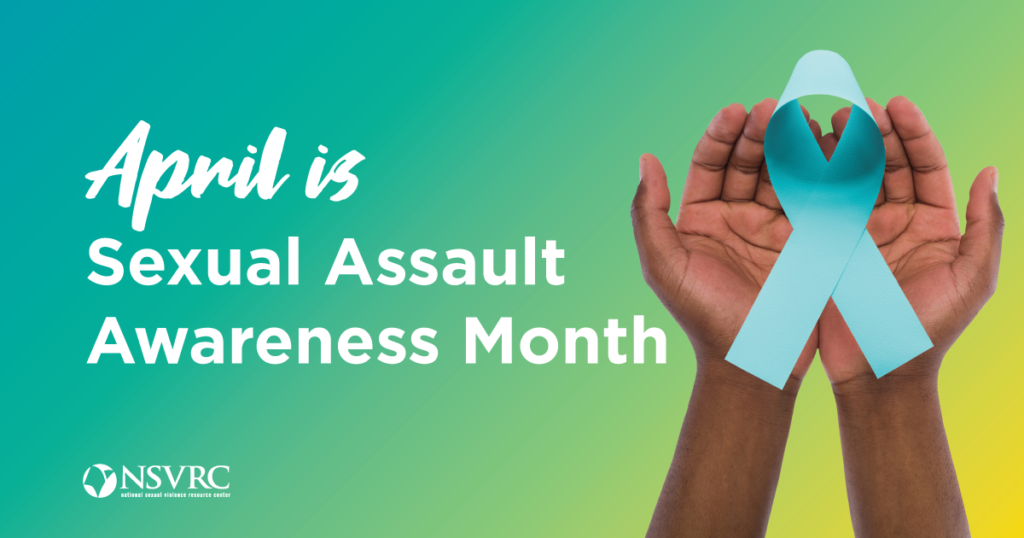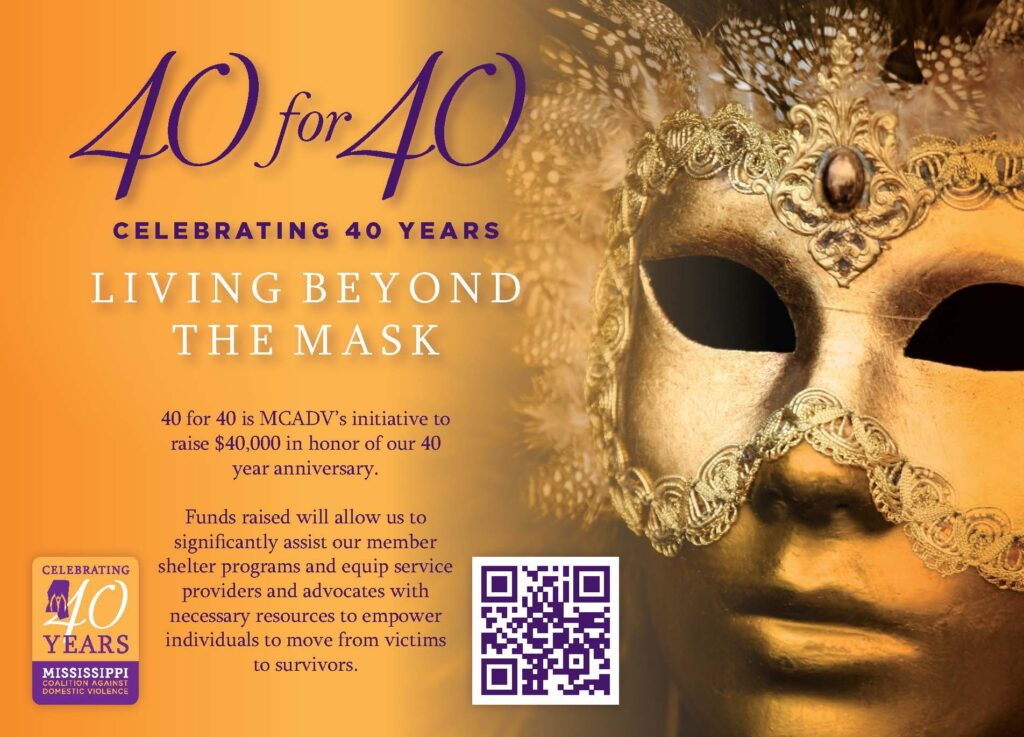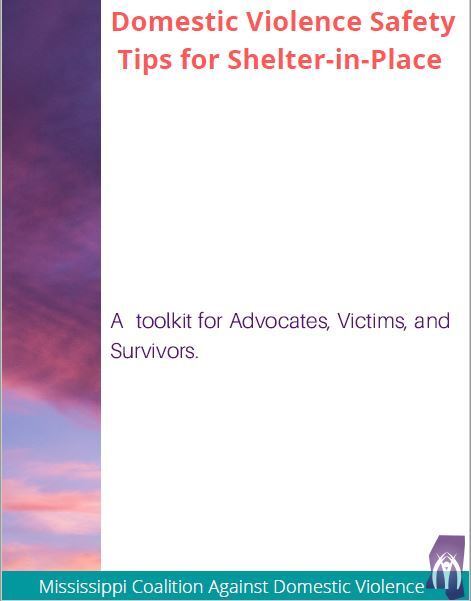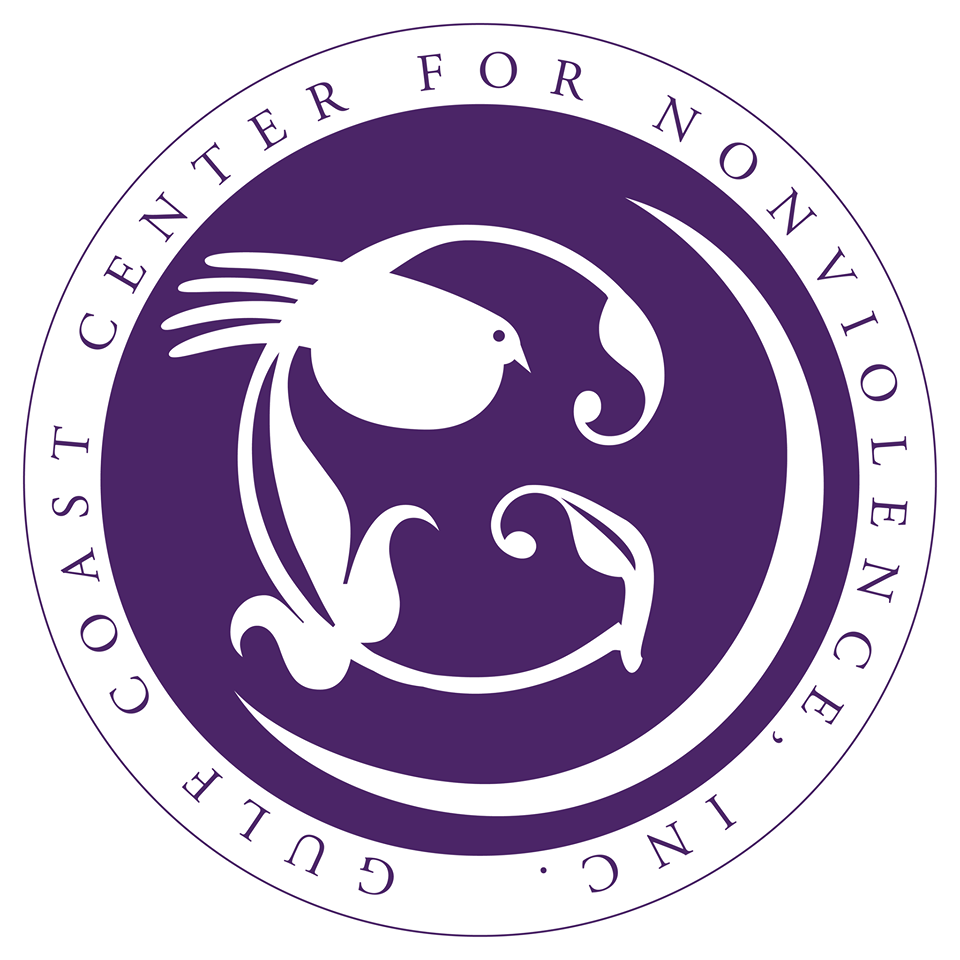
April is Sexual Assault Awareness Month (SAAM). The goal of SAAM is to raise public awareness about sexual harassment, assault, and abuse. SAAM also brings about the opportunity to educate communities on how to prevent sexual assaults.
Everyday, hundreds of Americans are affected by sexual assault. Every 73 seconds, someone is sexually assaulted and every 9 minutes, that victim is a child. 55% of sexual assaults occur at or near the victim’s home. On average, there are 433,648 victims (age 12 or older) of rape and sexual assault each year in the United States. Younger people are at the highest risk of sexual violence. Statistics show that 54% of victims are between the age of 18-34.
Sexual assault can have a long-term effect on victims. The likelihood that a person suffers suicidal or depressive thoughts increases after sexual violence. 94% of women who are raped experience symptoms of post-traumatic stress disorder during the two weeks following the rape. Approximately 70% of rape or sexual assault victims experience moderate to severe distress, a larger percentage than for any other violent crime.
Sexual violence also affects victims’ relationships with their family, friends, and co-workers. Survivors who were victimized by an intimate partner experience professional or emotional issues, including moderate to severe distress or increased problems at work or school. 37% experience family/friend problems, including getting into arguments more frequently than before, not feeling able to trust their family/friends, or not feeling as close to them as before the crime.
The majority of sexual assaults are not reported to the police. Many victims feared retaliation from their assailant. Others believed the assault was not important enough to report or that police would not do anything to help. Some victims simply believed that the assault was a personal matter.
This year, SAAM is celebrating its 19th anniversary with the theme “I Ask.” Consent is a clear, concrete example of what it takes to end sexual harassment, abuse, and assault. This year’s campaign shares the message that asking for consent is a normal and necessary part of sex. Everyone should get to make choices about what they do with their body. “The “I Ask” campaign reminds us that by practicing respect and consent in everyday situations, we can prevent sexual harassment, misconduct and abuse.
(Statistics provided by Rape, Abuse & Incest National Network)

Helpful Links and Information
Mississippi Coalition Against Sexual Assault
RAINN (Rape, Abuse & Incest National Network)
National Sexual Assault Hotline 1-800-656- HOPE
MCADV Celebrates 40 Years of Service with 40 For 40 Campaign
MCADV is aware of the challenges many are facing due to the coronavirus pandemic. We also know firsthand the hardships and obstacles this health crisis is causing victims of domestic violence. Many victims are confined at home with their abusers. Children of abusers are not able to get to a safe place or seek needed protection. Many of our member shelters are at capacity, therefore, unable to house victims that desperately need sanctuary.
Facing unknown certainty is frightening for domestic violence victims as well as shelter staff and administrators. No one knows how long our nation will be in this state of unrest. MCADV staff are still working daily to be the support needed for our member shelters and to advocate for domestic violence victims and survivors. We need your help now more than ever to continue our fight against domestic violence. Our 40 for 40 Campaign was initiated to raise money to enable MCADV to better assist victims/survivors. Being able to help victims/survivors get the support needed is one of many ways your donation will help in the fight against domestic violence.
The goal of our 40 for 40 campaign is to raise $40,000 in honor of MCADV’s 40th anniversary. We are asking each of our supporters to donate $40 to our cause. To make your donation to the 40 for 40 campaign, click the picture below. Before you complete your donation, please enter 40 for 40 in the note section.

Have You Been Abused by Your Spouse and Now Contemplating Divorce?
Habitual, Cruel and Inhuman Treatment as Grounds for Divorce
If you have been a victim of abuse and are now considering getting a divorce, there are a few things you should know. Going through a divorce can be a hard and confusing process, especially in a time when Mississippi has a Shelter in Place Order. The ground for divorce in this situation is habitual, cruel and inhuman treatment, which includes spousal domestic abuse. his is one of the most common grounds for divorce in Mississippi, yet one of the toughest to prove. During the current shelter in place order, attorneys are still working. Most are working from home, but they are still available to answer questions victims may have or start divorce proceedings if necessary.
LAW:
Habitual cruel and inhuman treatment, including spousal domestic abuse, can be used as grounds for divorce. Spousal domestic abuse can be established through reliable testimony of a single credible witness. This single credible witness can also be the injured party. The testimony can include: the spouse of the injured party attempted to cause, or purposely, knowingly, or recklessly caused bodily injury to the injured party, or that the spouse of the injured party attempted by physical menace to put the injured party in fear of imminent serious bodily harm; or that the spouse of the injured party engaged in a pattern of behavior against the injured party of threats or intimidation, emotional or verbal abuse, forced isolation, sexual extortion or sexual abuse, or stalking or aggravated stalking, if the pattern of behavior rises above the level of unkindness or rudeness or incompatibility or want of affection. Miss. Code Ann. § 93-5-1
Generally, when a person gets a divorce based on habitual cruel and inhuman treatment, that individual needs 2 credible witnesses to testify on their behalf. Furthermore, habitual can be assessed differently by each judge. In 2017, spousal domestic abuse was added to be a ground for divorce. This allows the victim to be their own credible witness. Additionally, there is no requirement for it to be a habitual situation.
Domestic Violence Safety Tips for Shelter-in-Place
Staying at home while a Shelter in Place Order is in effect can be of great concern for victims of domestic violence. MCADV and member shelter programs statewide want to make sure that those who may find themselves or someone they know trapped at home with an abuser are aware that help is available. Click below to access MCADV’s Shelter in Place Toolkit for advocates, victims, and survivors.

Shelter Spotlight
Gulf Coast Center for Nonviolence

While the COVID-19 pandemic presents an array of new challenges, the Gulf Coast Center for Nonviolence (the Center) continues to provide shelter and support services to those affected by domestic violence, sexual assault, and homicide. Assistance is provided in the six southernmost counties of Mississippi: George, Hancock, Harrison, Jackson, Pearl River, and Stone. Now more than ever, the Center recognizes the importance of collaboration among service providers and community partners in providing efficient and effective services to victims of interpersonal violence. To ensure collaboration continues during this health crisis, the Center has intensified its efforts to develop and promote a Coordinated Community Response throughout the coastal counties. While GCCFN Justice Program staff continue working within local justice and municipal courts to forge relationships and provide advocacy for victims within the courts, our Outreach Advocates and Community Education staff provide crucial training to law enforcement, first responders, service providers, and the community at large.
In September of 2019, the Center hosted Dr. Matthew Vasquez, a national trauma expert, for a two-day “Advanced Practice in Trauma-Informed Care” training that provided valuable information about working with survivors of trauma to social workers, advocates, nurses, and law enforcement. The following month, the Center brought together a team consisting of their staff, local law enforcement, court representatives, judges, and District Attorney’s office representatives to attend a training sponsored by the New Orleans Family Justice Center. The training, “Identifying, Investigating, and Prosecuting DV Strangulation Cases,” was provided by the Strangulation Training Institute and founders of Alliance for HOPE International. Members of this team received training on identifying the signs and symptoms of strangulation, investigating and documenting cases of strangulation, legal aspects of these cases with surviving victims, developing and using expert witnesses, and advocating for traumatized victims. Team members, working in collaboration with GCCFN Justice Program staff, were tasked with taking this information back to their respective departments as well as sharing with other judicial departments in the service area and across the state.
In coming months, the Center will celebrate the ribbon cutting on its newest Northcutt Legal Clinic location. Northcutt offers free civil legal services to victims of domestic violence, sexual assault, or stalking who do not have the resources to otherwise access legal representation. The Northcutt Jackson County office, already in operation, houses a full-time attorney and legal advocate who provide access to services for victims of interpersonal violence throughout Jackson and George counties. This location will work closely with our Adrienne’s House shelter to provide Domestic Abuse Protection Orders, filings for divorce, rights to custody and visitation, eviction and credit protection, and other related civil matters on behalf of victims.
GCCFN staff with the team of law enforcement
and court professionals who attended
strangulation training at New Orleans Family
Justice Center
Facebook: @GCCFN
Twitter: @GCCFN_1977
Website: gccfn.org
